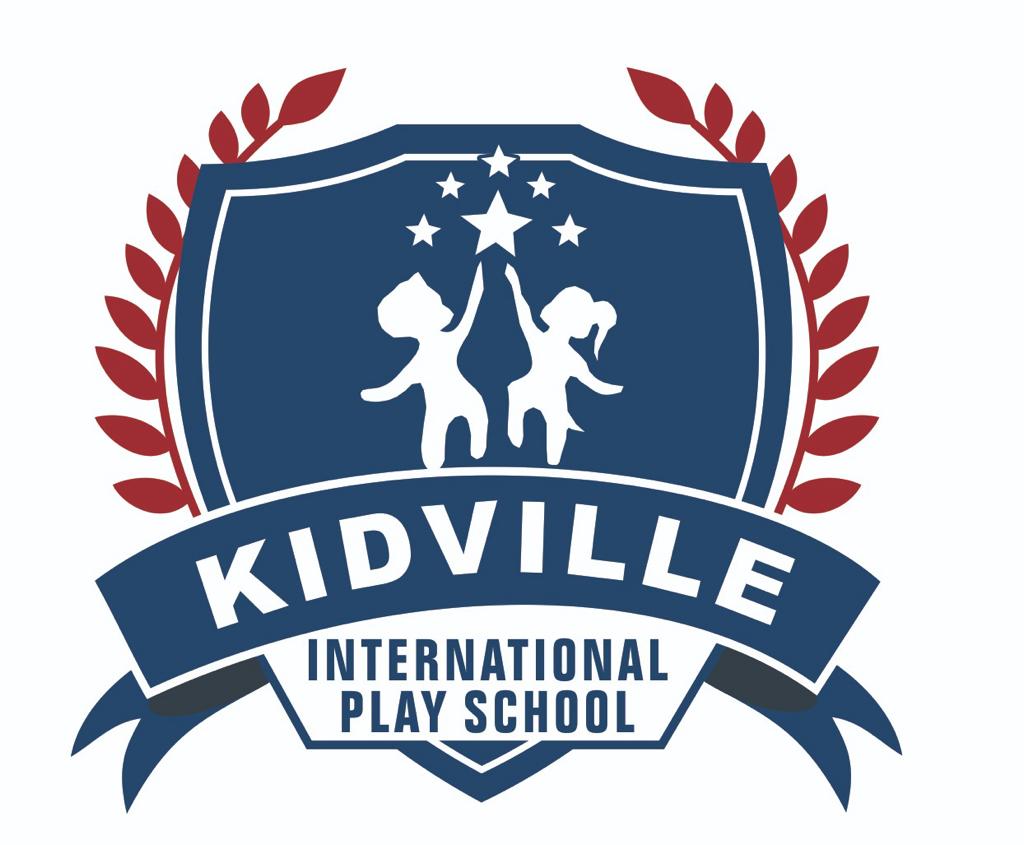Introduction
Preschool is a crucial period in a child’s development, marked by significant cognitive, emotional, and social growth. While parents and teachers play essential roles in nurturing young minds, peers also wield a profound influence during this formative stage. The interactions and relationships children form with their classmates can have a lasting impact on their social skills, self-esteem, and overall development. In this blog, we’ll delve into the ways in which peers influence a child’s mind in preschool and the importance of fostering positive social dynamics in early education settings.
- Social Learning: One of the primary ways peers impact a child’s mind in preschool is through social learning. Children observe, imitate, and learn from their classmates’ behaviors, language, and social interactions. Positive peer models can inspire empathy, cooperation, and communication skills, while negative influences may lead to the adoption of undesirable behaviors. Preschool provides a rich environment for social learning, where children navigate group play, sharing, and conflict resolution under the guidance of teachers.
- Language Development: Peer interactions play a vital role in language development during the preschool years. Through conversations, storytelling, and collaborative play, children expand their vocabulary, learn new language structures, and refine their communication skills. Interacting with peers from diverse linguistic backgrounds fosters cultural awareness and linguistic diversity. Moreover, peer feedback and encouragement motivate children to express themselves confidently and articulate their thoughts and feelings effectively.
- Emotional Regulation: Preschoolers often experience a range of emotions, from joy and excitement to frustration and anger. Peers serve as emotional mirrors, providing validation, support, and perspective during emotional experiences. Positive peer relationships can enhance emotional regulation skills by offering comfort, empathy, and problem-solving strategies. Through cooperative activities and group discussions, children learn to recognize and manage their emotions, empathize with others, and develop resilience in the face of challenges.
- Social Skills and Peer Acceptance: Peer interactions in preschool contribute to the development of essential social skills, such as sharing, taking turns, and cooperating with others. Children learn to navigate social hierarchies, negotiate conflicts, and form friendships based on mutual interests and similarities. Peer acceptance and belongingness are crucial for a child’s sense of identity and self-worth. Positive experiences with peers build confidence, social competence, and a sense of belonging within the classroom community.
- Influence on Attitudes and Beliefs: Peers also shape children’s attitudes, beliefs, and perceptions of the world around them. Exposure to diverse perspectives and cultural backgrounds fosters tolerance, respect, and acceptance of differences. Conversely, negative peer influences or instances of peer pressure may contribute to the formation of stereotypes, biases, or exclusionary behaviors. Preschool educators play a vital role in promoting inclusive environments that celebrate diversity and encourage empathy and understanding among peers.
Conclusion:
The influence of peers on a child’s mind in preschool is undeniable, shaping social, emotional, and cognitive development in profound ways. By fostering positive peer relationships, educators and parents can create nurturing environments where children feel supported, valued, and empowered to explore, learn, and grow together. Through collaborative play, shared experiences, and meaningful interactions, preschoolers not only develop essential social skills but also cultivate empathy, resilience, and a sense of community that lay the foundation for lifelong learning and healthy relationships.


